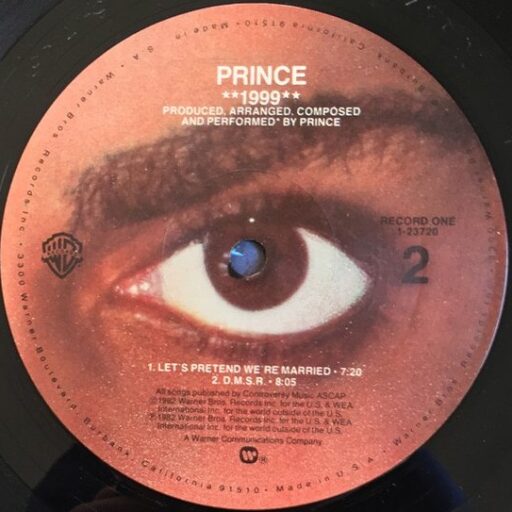Tag: nile rodgers
-
Podcast: Prince (1979) Revisited
October 19, 2018 marks the 39th anniversary of Prince’s self-titled second album–not the most glamorous occasion, perhaps, but reason enough to reassemble the review panel from our For You podcast for a reappraisal. Once again, Zach is joined by Harold and KaNisa for a track-by-track discussion of this underappreciated album, its resonances throughout Prince’s career, and why it still…
-
Do It All Night
Prince had been structuring his shows as a kind of mass seduction since his first “official” live dates in 1979. Now, he had a custom-built vessel for these audience flirtations.
-
My Life with You I Share: An Alternate Timeline Review of For You
The reclusive multi-instrumentalist known only as “Prince” may not be as much of a household name as, say, Shuggie Otis; but to aficionados of 1970s funk and soul, he inspires the kind of reverence normally reserved for the likes of Stevie Wonder.
